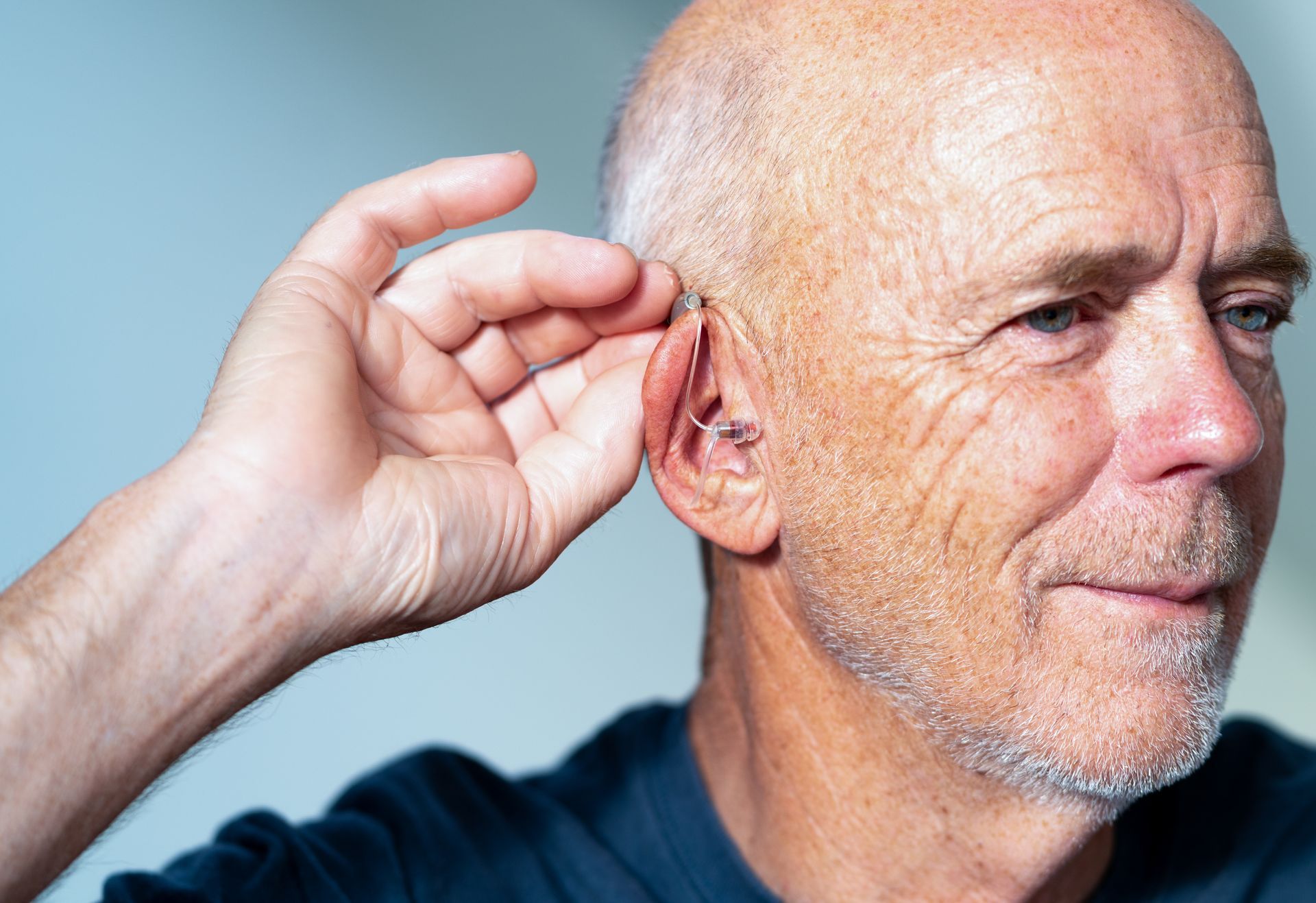Startup Aims to Develop the First Gene Therapy for Hearing Loss

A Boston biotech startup is attempting to develop the first gene therapy treatment for hearing loss. If successful, it promises to offer new hope to the estimated 300,000 Americans who suffer from gene-based hearing loss—a number that includes more than 4,000 newborns.
The timing may not be ideal, but biotech companies have been largely immune from the effects of the COVID-19 pandemic and ensuing recession. Developing new drugs takes years, so these companies are better able to weather storms. And the efforts of biotechnology companies that are focusing on tools to prevent and treat potentially fatal health threats has resulted in soaring stock values for many of these companies, even in the face of the current crisis.
Akouos, the Boston startup, was founded in 2016. Its goal is to develop the first gene therapy to treat hearing loss and is targeting a specific form of deafness that results from mutations in a single gene. They are experimenting with adeno-associated viruses, using them as vectors to deliver DNA that encodes a functioning gene in certain target cells.
Around 7,000 people are afflicted with this type of genetic hearing loss. Adeno-associated viruses are considered viable candidates because they don’t usually cause disease and can be customized to treat a variety of genetic conditions. The company has partnered with two influential organizations: Massachusetts Eye and Ear and Lonza, a Swiss manufacturing company that holds contracts with various pharmaceutical makers.
Manny Simons, Akouos’ co-founder and chief executive, holds a degree in neuroscience from Harvard College, a Ph.D. in biomedical engineering from the Massachusetts Institute of Technology, and an MBA from Harvard Business School. His desire to help those with hearing loss stems from his passion for playing the piano.
“It’s easy to take hearing for granted,” said in a Boston Globe interview. “Maybe because music has been important to me, it’s something that I take a little less for granted.”[1]
[1] Saltzman, J. (2020, June 22). Akouos, a startup developing a gene therapy for hearing loss, raises IPO value to $125 million - The Boston Globe. Retrieved June 30, 2020, from https://www.bostonglobe.com/2020/06/22/business/ipo-upped-akouos-boston-startup-working-gene-therapy-hearing-loss/



